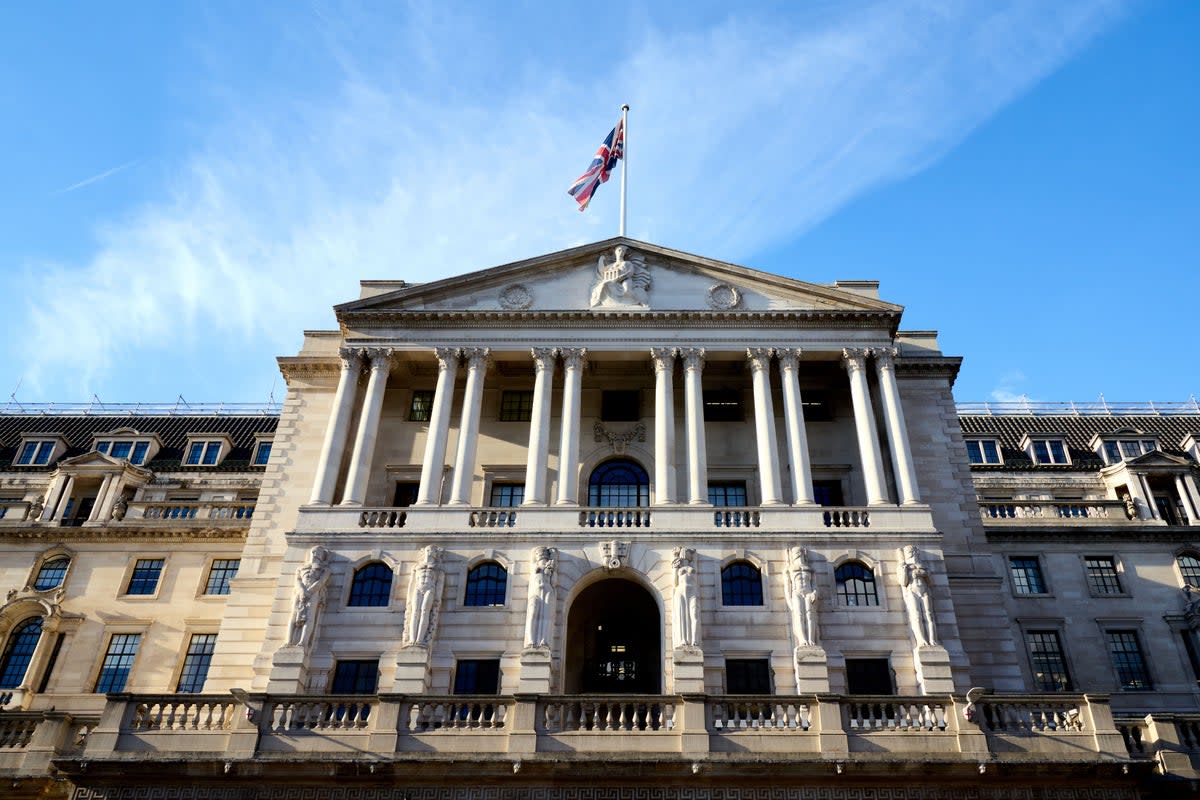Financiers fear “high impact” event this year as Bank of England tries to calm nerves

Confidence in the UK financial system by bank executives is falling and there is a strong chance of a “high impact” event in the next 12 months.
That’s one of the conclusions from the latest Systemic Risk Survey by the Bank of England, which takes the views of top bankers every six months.
Plainly, some are jittery given recent bank failures and concerned they could spread to other lenders.
More than half of all respondents think the chance of a “high-impact” event is high or very high in the next year.
In the medium term, 67% of respondents think the same.
Moreover, 43% of the bankers say their confidence in the UK financial system has decreased in the past six months.
That shows how tough a task the Bank of England has in reassuring the public and the industry that the system is solid.
While the wording in the risk survey can always seem somewhat alarming, lately the added threat of inflation has increased concerns.
Yesterday governor Andrew Bailey told MPs the Bank is on “heightened alert” for further bank turmoil since the failures in the US of Silicon Valley Bank of Signature Bank.
He said the failure of SVB was "the fastest collapse from health to death" since the UK’s Barings Bank failed in 1995 after suffering heavy losses resulting from fraudulent investments.
Analysts point out that depositors on Apps can now move money away from stricken banks must faster than they could during the 2008 crash.
The Times reports today that the Bank has clamped down on the leveraged funds that led to a near crisis in pension funds last autumn.
It is setting minimum buffers for the LDI (liability driven investment) funds to enable pension to better withstand shocks in the bond market.
The Bank said LDIs had soared in popularity lately, and that a “prolonged period of negative growth amidst persistently high rates could lead to a material increase in expected default rates in these markets and sharp falls in prices”.

 Yahoo Movies
Yahoo Movies 
